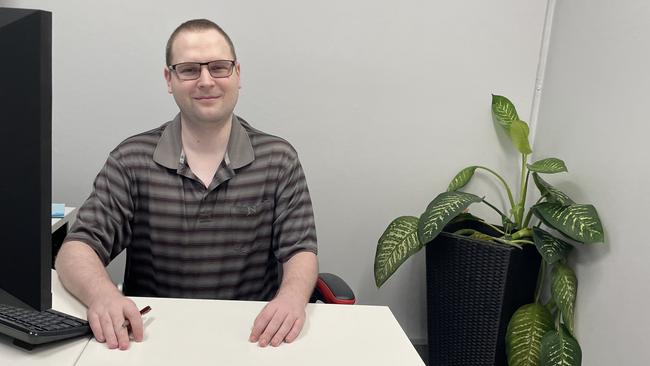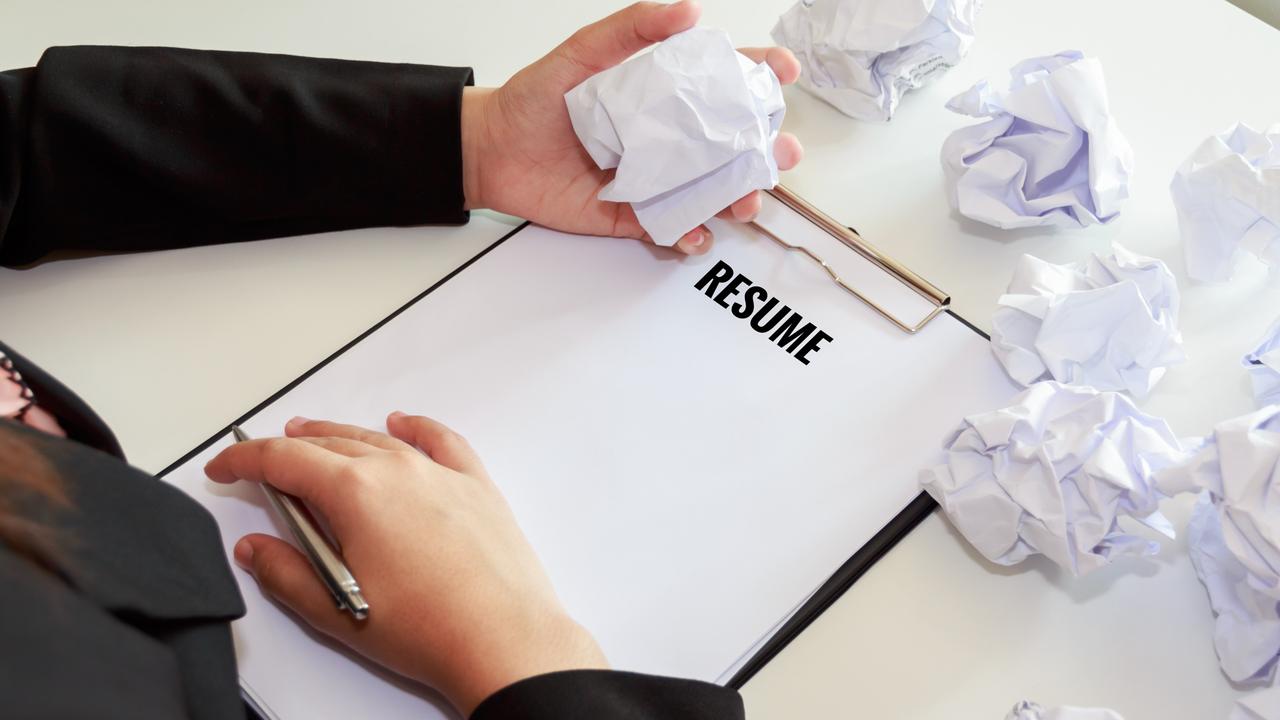‘Just as capable’: mental health an unfair barrier to finding work
Some conditions are “still seen as a weakness” by some employers. Here’s how jobseekers can overcome this ill-informed barrier to employment.

Careers
Don't miss out on the headlines from Careers. Followed categories will be added to My News.
Mental health conditions are still a major barrier to finding work, despite increasing awareness and acceptance within the general community.
People with mental illnesses, including depression, anxiety and post-traumatic stress disorder, are twice as likely to be unemployed as other Australians, with surveys finding more than half of affected jobseekers believe they are turned down for roles because of their condition.
Australian College of Applied Professions senior lecturer in counselling Timothy Hsi says despite positive steps during the pandemic to address mental health stigma, a lack of proper understanding still exists in the workplace.
“Mental illness is still seen as a weakness,” he says.
“Most people are trying to be very optimistic and accepting but, in the back of minds of employers, they still think, ‘Is this mental health condition going to affect (an employee’s ability to) work?’
“But individuals with mental health issues can be as productive as anyone.
“It’s just unfortunate there’s this perception … that incorrectly informs how a manager or employer looks at that staff member or employee.’’
Choose your employer
While it’s illegal for employers to discriminate against those with mental illness, Hsi says it still pays to choose your employer carefully.
“There are companies that are very supportive and really go all out (to help workers with mental illness),’’ he says.
“But (there are some) where you might feel you have a target on your back.
“Individuals need to do their research and … decide is this a (company) where they can thrive and, if they feel that they are in a position where they can’t thrive, it might be better to look for another position.’’
Inclusion policies, sometimes detailed on company websites, as well as customer and past employee reviews and word-of-mouth can indicate a prospective employer’s openness to those with mental illness.
Hsi says candidates may also get a sense of company attitudes during the job interview.
Present your best self
In many instances, the inability to secure work comes down to the mental health condition preventing jobseekers from presenting well at interview, Hsi says.
“We know that during interviews you need to present the best part of yourself but, because you have a mental health issue, such as anxiety, you might stumble or not express yourself clearly,’’ he says.
Relaxation breathing techniques can minimise pre-interview nerves, says Maddison Binstead, business manager at employment services group APM.
She says having a friend or support person nearby – or even in the interview room – can also help.
“There is support out there and it’s OK to have stuff going on – everybody has something going on in their lives,’’ Binstead says.

‘Just as capable as everyone else’
Anxiety sufferer Chris Ellis graduated from law with honours, receiving a prestigious industry accolade along the way.
But it took five years for him to find legal work due to his mental health condition.
Ellis, who faints during anxiety attacks, knew competition for graduate roles was fierce but believes his condition frightened off many prospective employers.
“Despite (the stress caused by the recruitment process) I did put myself out there and try and find work and I’m proud of myself for that,” says Ellis, who won the Australian Institute of Administrative Law Essay Prize in his final year at university.
“But it does feel like there is a bit of a preconception against people with anxiety and other mental health conditions.”
After only managing to secure short-term tutoring work, Ellis engaged APM, a job provider that specialises in helping disabled and disadvantaged Australians.
But APM consultant Davina Ebenezer admits even her attempts to find Ellis work were knocked back by multiple companies that put candidates with mental health conditions in the “too-hard basket”.
Swift Legal Solutions eventually hired Ellis. He is now a valuable team member and has his own office to reduce the likelihood of feeling overwhelmed.
He wants employers to recognise that every person affected by mental illness is different but all have the ability to perform their jobs well.
“The mistake a lot of people make is (thinking mental illness is) related to our capabilities but our minds still work normally,” Ellis says.
“We are normal people – it’s just when you have anxiety you feel a bit nervous … but, with proper support, we are just as capable as everyone else.”
Originally published as ‘Just as capable’: mental health an unfair barrier to finding work


